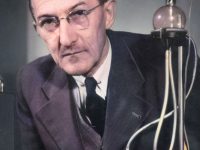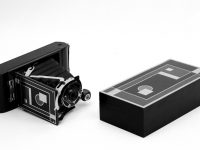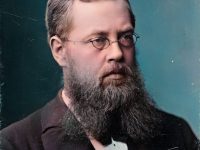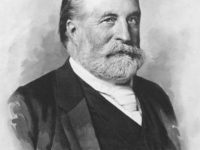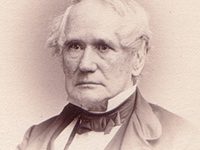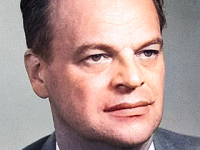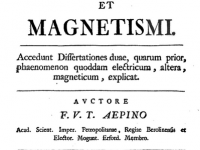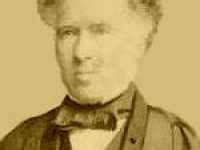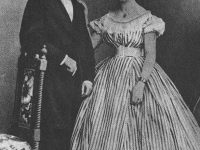Jaroslav Heyrovský and the Polarography
On December 20, 1890, Czech chemist and inventor Jaroslav Heyrovský was born. Jaroslav Heyrovský received the 1959 Nobel Prize in Chemistry “for his discovery and development of the polarographic methods of analysis” (1922), which is one of the most versatile analytical techniques. It applies the principle that in electrolysis the ions are discharged at an electrode and, if the electrode is small, the current may be limited by the rate of movement of…
Read more

